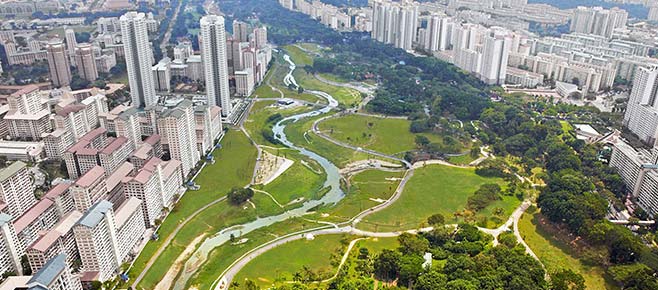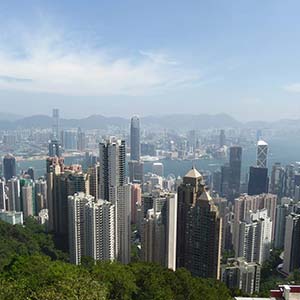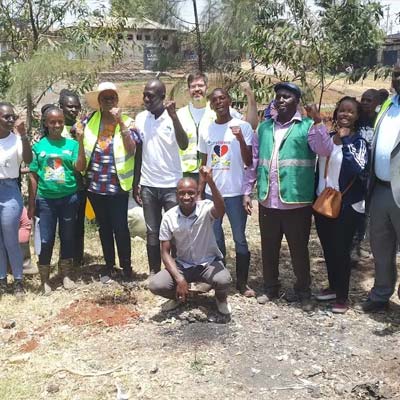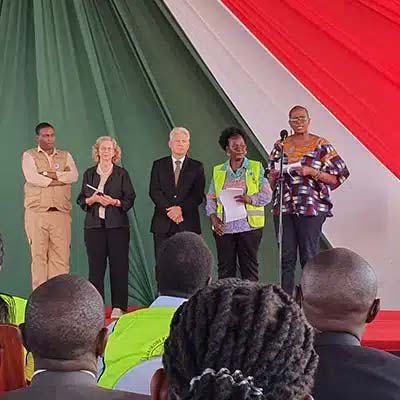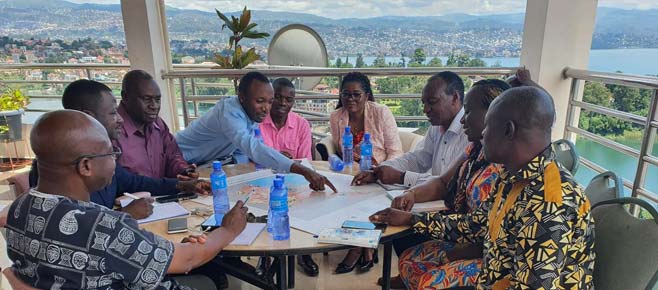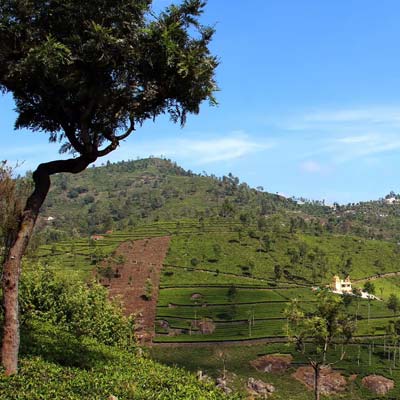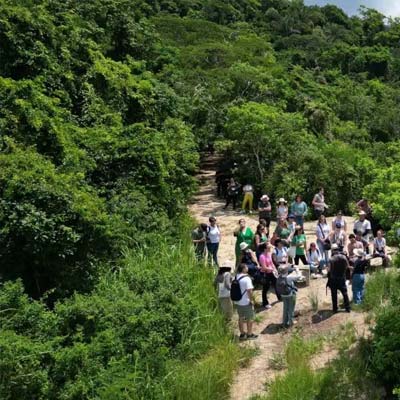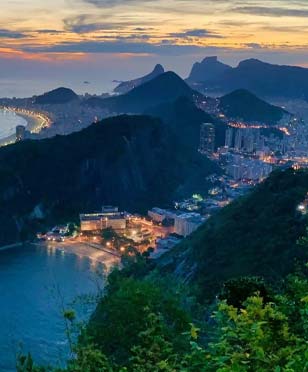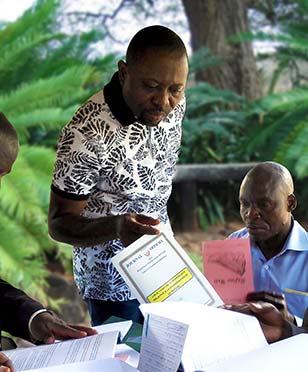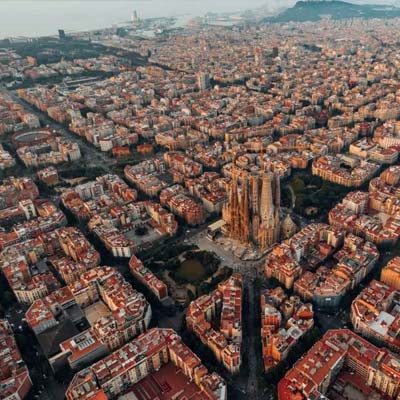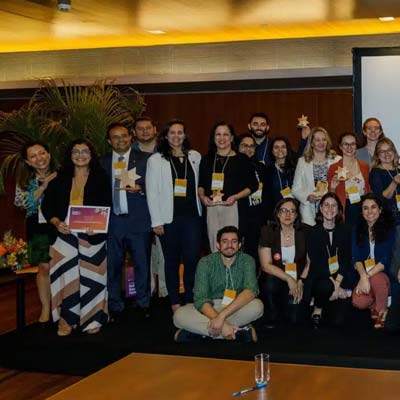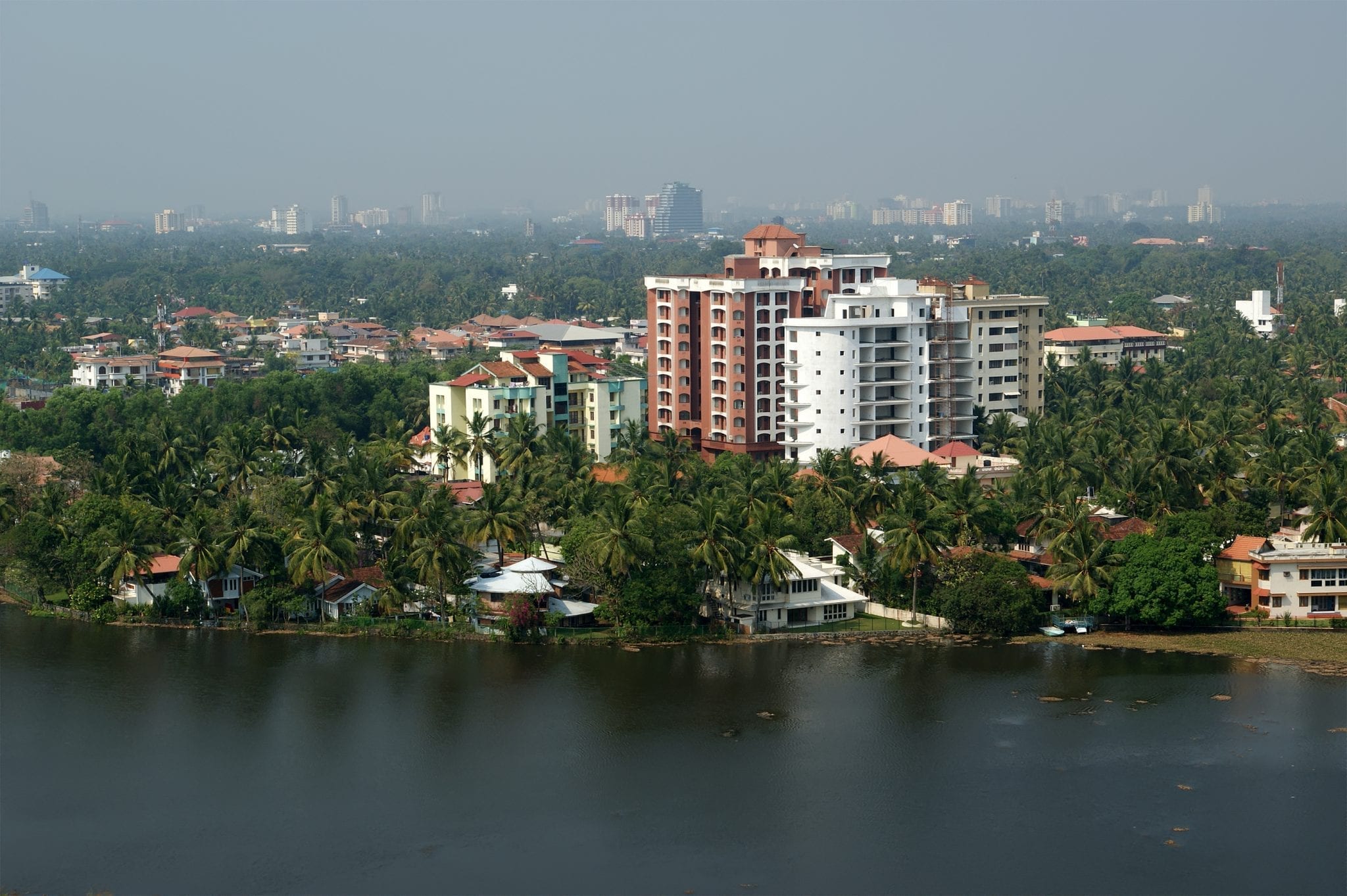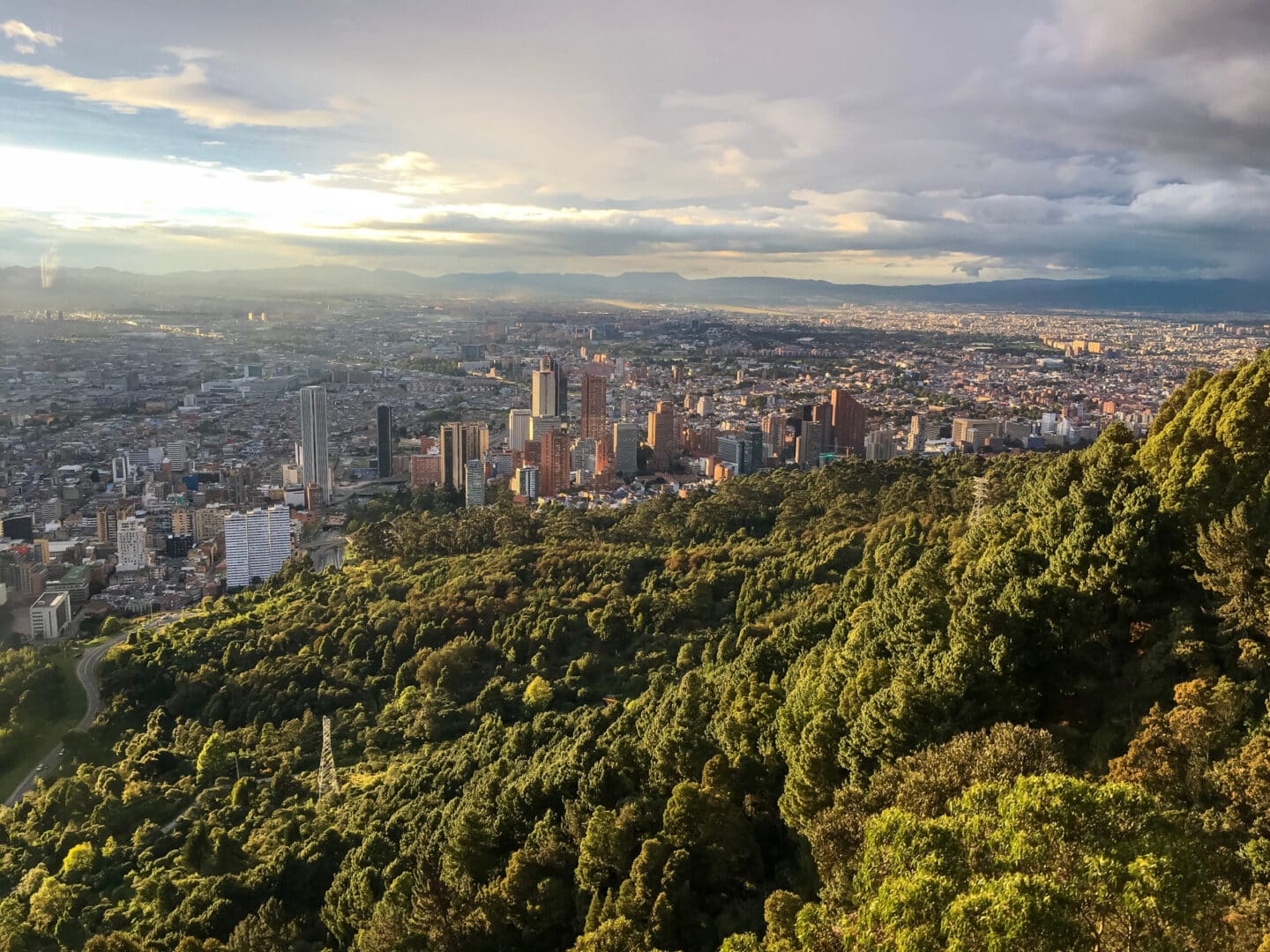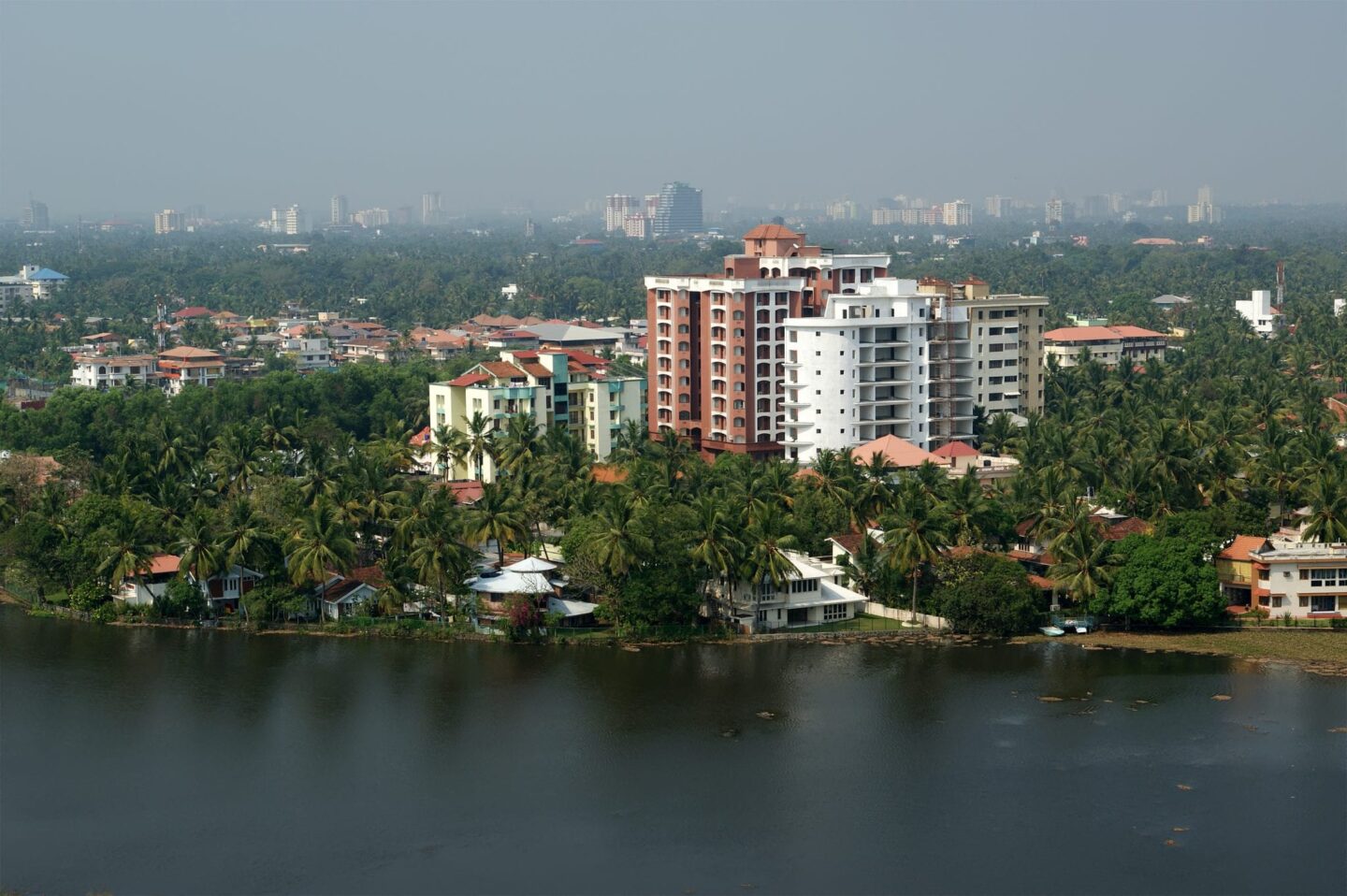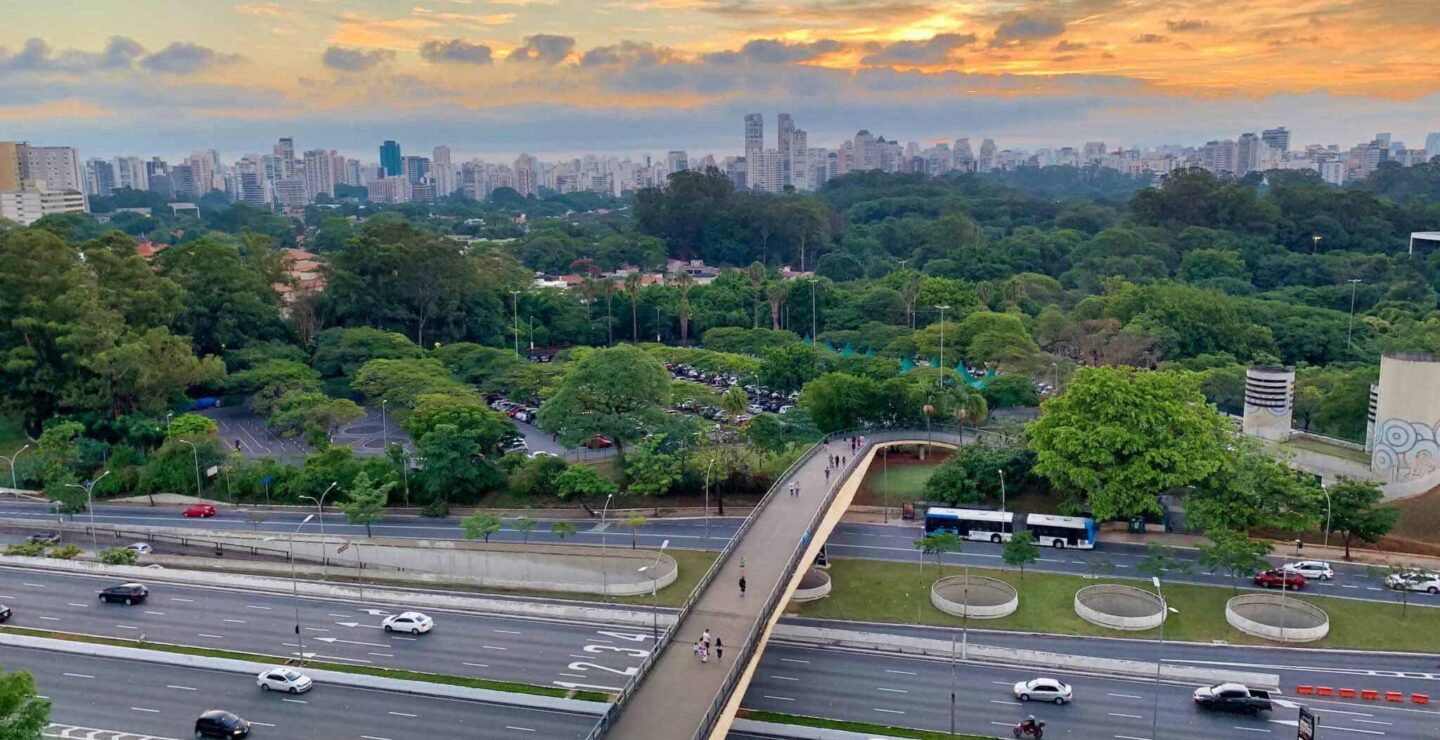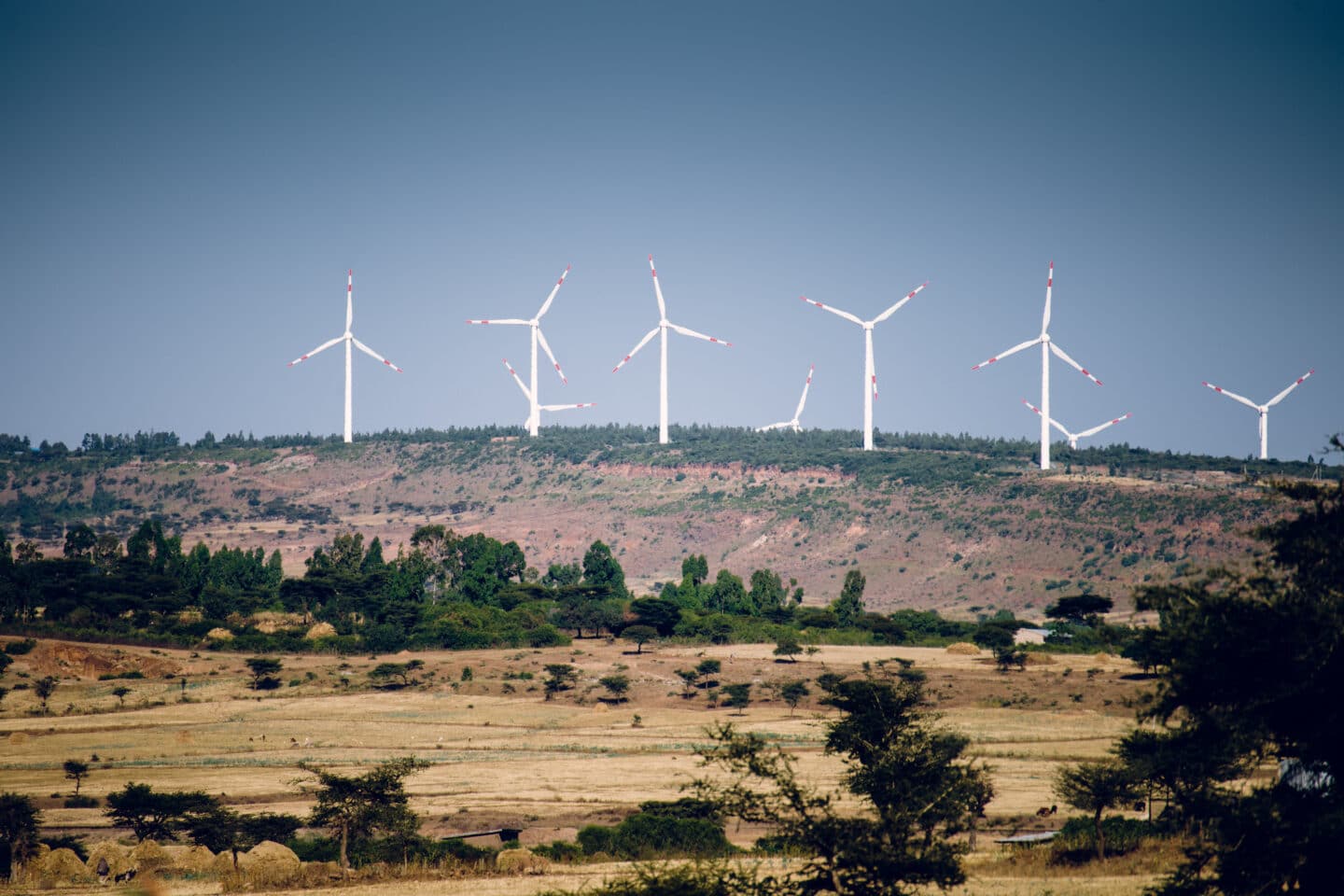Urban forests and gardens are an integral part of the City of Kochi. These spaces are a rich part of the city’s culture, history and identity. Kochi’s administration takes pride in maintaining the urban green spaces across the city. One such example is Subash Park, a major carbon sink at the heart of the city that is home to over 300 species of native trees and many more species of native plants. With the help of a variety of stakeholders, the park is well-protected and cared for. In addition to serving as the home for various flora and fauna, Subash Park, located on the coast of the Arabian Sea, is a popular recreation area. Every day, hundreds of people can be found enjoying the park. To ensure the long-term, sustainable use of the park, the city administration has developed a number of projects, including a herbal garden, butterfly garden and biodiversity center. In addition, every tree in the park has been geotagged to help document and protect the urban forest. Kochi’s administration is developing multiple afforestation and nature-based solutions projects alongside multiple stakeholders, including World Resources Institute (WRI).
Story
Read More
